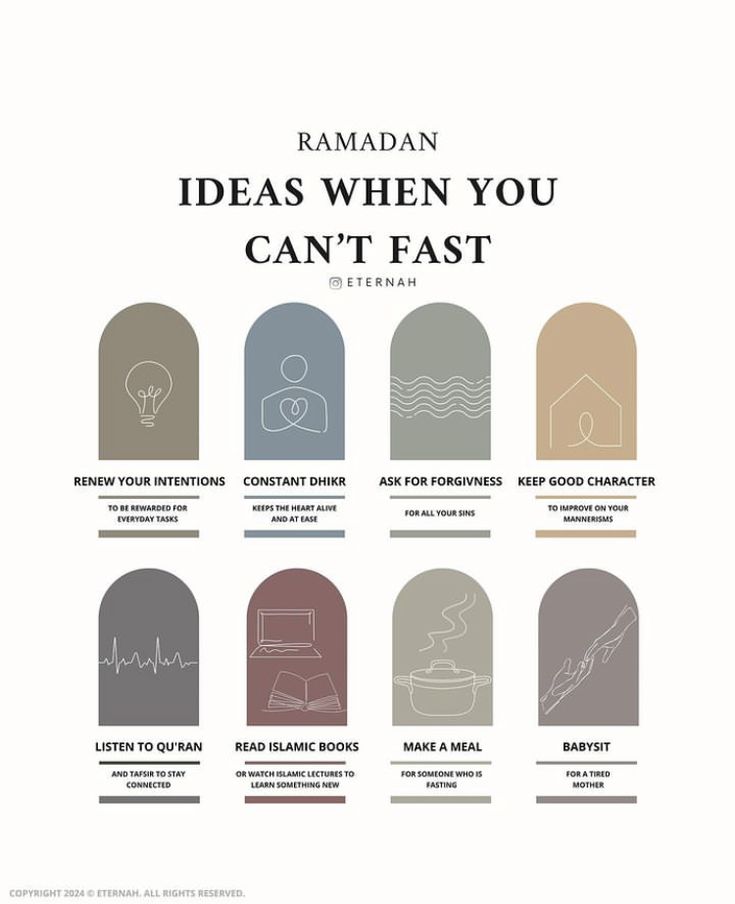
Ibadah Beyond Rituals: Cultivating a Heart-Centered Approach to Worship
Worship (Ibadah) is more than just performing rituals—it’s about deepening our connection with Allah and nurturing our hearts with sincerity. While fasting, prayer, and reciting the Qur’an are essential acts of devotion, true Ibadah goes beyond routine actions. It’s about mindfulness, intention, and love for Allah in everything we do.
Let’s explore how we can shift from habitual worship to heartfelt devotion this Ramadan.
1. What Does Heart-Centered Ibadah Mean?
Often, we focus on doing acts of worship but forget about feeling them. Heart-centered Ibadah means:
💛 Praying with Presence: Instead of rushing through Salah, feeling each movement as a moment of connection with Allah.
💛 Fasting with Reflection: Not just abstaining from food but also from negative thoughts and distractions.
💛 Reading Qur’an with Understanding: Engaging with the words deeply instead of just completing pages.
📖 Qur’anic Reflection:
“And they were not commanded except to worship Allah, [being] sincere to Him in religion.” (Qur’an 98:5)
✅ Reflection Question: Do I feel present and connected during my worship, or do I sometimes go through the motions?
2. Setting Intentions: The Key to Meaningful Worship
The Prophet (ﷺ) said: “Actions are but by intention…” (Bukhari & Muslim)
Before every act of worship, take a moment to set a clear, heartfelt intention. Instead of just praying because it’s time, say:
✨ “I am praying Fajr to start my day in the light of Allah’s guidance.”
✨ “I am fasting today to purify my heart and increase my Taqwa.”
✨ “I am reading the Qur’an to seek wisdom and closeness to Allah.”
🌙 Challenge: Before each Ibadah, pause and reflect: Why am I doing this?
3. Dhikr & Dua: Connecting with Allah in Every Moment
Ibadah isn’t limited to prayer—it’s about constant remembrance (Dhikr) and heartfelt supplication (Dua).
💬 Simple but Powerful Dhikr:
- SubhanAllah (Glory be to Allah)
- Alhamdulillah (All praise is for Allah)
- Allahu Akbar (Allah is the Greatest)
- La ilaha illa Allah (There is no god but Allah)
💛 Dua Tip: Talk to Allah as if you’re speaking to your closest friend. Pour your heart out, and trust in His mercy.
📖 Qur’anic Reflection:
“Remember Me, and I will remember you.” (Qur’an 2:152)
✅ Reflection Question: How often do I remember Allah outside of my daily prayers?
4. Worship Through Daily Actions
Did you know that even small, everyday actions can become acts of Ibadah?
🏡 Caring for family – Doing household chores with love and patience earns reward.
💬 Speaking kindly – A single kind word can be charity.
🤲 Helping others – Supporting a friend in need is an act of worship.
🌱 Being mindful – Avoiding gossip, anger, and negativity purifies the soul.
✨ Tip: Before any action, say Bismillah and remind yourself that your work, study, and kindness can all be for the sake of Allah.
5. Overcoming Spiritual Disconnection
If worship ever feels like a burden or routine, try these steps to revive your heart:
💖 Personalize your Duas – Instead of memorized ones, talk to Allah in your own words.
📖 Read Qur’an with Tafsir – Understanding the meanings brings the verses to life.
🕋 Change your prayer space – A quiet, dedicated spot can enhance focus.
🤝 Join a community – Engaging with others on a spiritual journey can be uplifting.
🌙 Challenge: Identify one area of worship where you feel disconnected and make a small change to renew your passion.
Final Thoughts: Worship with Love, Not Just Obligation
True Ibadah isn’t just about doing the right things—it’s about feeling the connection with Allah. This Ramadan, let’s focus on making our worship more meaningful, filled with sincerity, reflection, and love.
💬 What’s one way you can make your Ibadah more heart-centered this Ramadan? Let’s inspire each other! 💛
No Responses